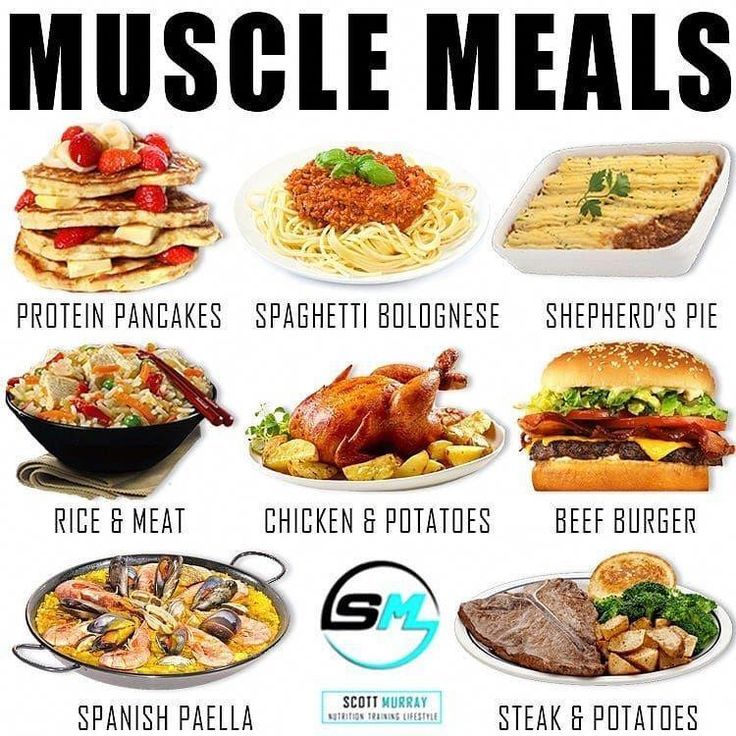
In the world of fitness and bodybuilding, there is no substitute for proper nutrition when it comes to achieving maximum muscle growth. While consistent and intense workouts are essential, fueling your body with the right nutrients is equally important. In this article, we will discuss some effective nutrition strategies that can support and enhance muscle growth.
The Role of Protein
Protein is often referred to as the building block of muscles, and for good reason. It plays a crucial role in muscle growth and repair. When you exercise, especially through resistance training, you create tiny tears in your muscle fibers. Protein is needed to repair and rebuild these damaged muscles, leading to their growth and strength.
Ensure that your diet includes high-quality sources of protein such as lean meats, fish, poultry, eggs, dairy products, and plant-based options like beans, lentils, and tofu. Aim for about 1.2 to 2 grams of protein per kilogram of body weight per day to support muscle growth.
The Importance of Carbohydrates
Carbohydrates are the primary energy source for your muscles during workouts. They provide the fuel needed to perform intense exercises, enabling you to train harder and longer. Additionally, carbohydrates play a role in replenishing glycogen stores in your muscles which can improve recovery and prevent muscle breakdown.
Include complex carbohydrates in your diet such as whole grains, fruits, vegetables, and legumes. These provide a steady release of energy and also offer essential vitamins, minerals, and fiber for overall health and wellbeing.
Fats for Hormonal Balance
Fats often get a bad reputation, but they are crucial for optimal muscle growth as well. Healthy fats, like those from avocados, nuts, seeds, and olive oil, provide essential fatty acids that support hormone production. Hormones such as testosterone play a significant role in muscle building and maintenance.
Aim to include a moderate amount of healthy fats in your diet. Approximately 20-30% of your daily caloric intake should come from fats, with an emphasis on unsaturated fats.
Timing and Frequency of Meals
When it comes to muscle growth, not only what you eat but also when you eat matters. Consuming an adequate amount of protein and carbohydrates throughout the day is crucial to fuel your workouts, support muscle repair, and stimulate growth.
Consider dividing your daily calorie intake into multiple meals/snacks spread throughout the day to optimize nutrient absorption and utilization. Aim to have a protein-rich meal or snack within an hour after your workout to provide the necessary amino acids for muscle recovery and growth.
Hydration for Muscle Function
Water is often overlooked when it comes to muscle growth, but it plays a vital role in numerous bodily functions, including muscle contractions. Staying well-hydrated is crucial for optimal muscle performance and recovery.
Ensure you’re drinking enough water throughout the day, especially during intense workouts. A general guideline is to consume at least eight 8-ounce glasses of water each day, but individual needs may vary depending on factors such as body size and activity level.
The Importance of Rest and Recovery
While this article focuses on nutrition strategies, it’s essential to mention the significance of rest and recovery for maximum muscle growth. Your body needs time to repair and rebuild muscles after intense workouts.
Make sure to incorporate rest days into your routine and prioritize quality sleep. During sleep, your body not only repairs muscles but also releases growth hormones that aid in muscle growth.
Conclusion
To achieve maximum muscle growth, a combination of consistent training, proper nutrition, and adequate rest is key. Ensure your diet is rich in high-quality protein, complex carbohydrates, and healthy fats. Consider the timing and frequency of your meals, prioritize hydration, and allow enough time for rest and recovery. By implementing these strategies and maintaining a disciplined approach, you can fuel your muscles for optimal growth and achieve your fitness goals.

